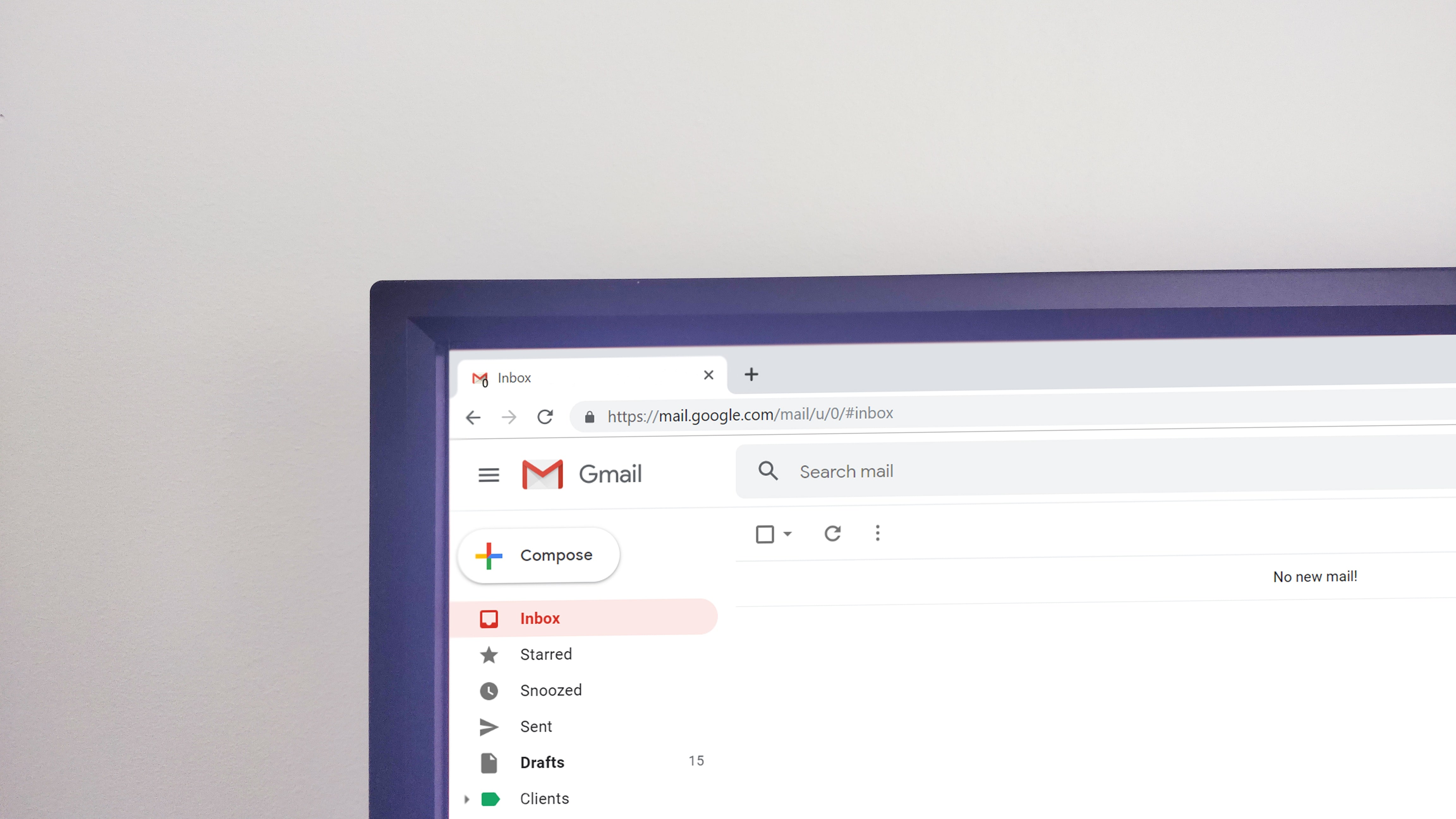We believe we’re all in this together. At JSL Marketing, safety and security are our highest priorities. And we know that a part of that security is keeping your business viable and surviving so you can thrive once again after COVID has passed.
During these difficult times, we want to make sure we are looking out for the safety of our team, our clients, as well as making sure we continue to provide our clients with the services that their businesses need.
This is a time of struggle for many small, medium, and large businesses alike, with some seeing huge increases in services needed, and others seeing their doors closed, at least for the time being.
JSL is looking to the future, but until then, we hope that some of our safety and marketing tips will be able to help.
Safety Tips for COVID-19
Use These Safety Tips From the CDC to Stay Safe During COVID-19:
- Clean your hands often
- Wash your hands often with soap and water for at least 20 seconds.
- If soap and water are not readily available, use a hand sanitizer that contains at least 60% alcohol.
- Avoid touching your eyes, nose, and mouth.
- Avoid close contact with people who are sick.
- Stay home as much as possible.
- Put distance between yourself and others.
- Some people without symptoms may be able to spread the virus.
- Cover your mouth and nose with a cloth face cover when around others.
- The cloth face cover is meant to protect other people in case you are infected.
- Do not use a facemask meant for a healthcare worker.
- Cover your mouth and nose with a tissue when you cough or sneeze or use the inside of your elbow.
- After coughing or sneezing, wash your hands for at least 2 seconds or use hand sanitizer with over 60% alcohol.
- Clean and disinfect frequently touched surfaces daily.
- This includes tables, doorknobs, light switches, countertops, handles, desks, phones, keyboards, toilets, faucets, and sinks.
Empathetic Marketing During COVID-19
Marketing right now might be far from some business’ minds, however, letting your customers and clients know your changes, hours, safety measures, even just keeping yourself in their mind as a supportive force, is important right now.
While every business and brand is different, here are some tips for empathetic marketing that can fit almost any industry:
Adjust Your Marketing Campaigns & Content
We recommend you adjust your marketing content to let your audience know exactly what you are doing, how you are supporting them, and the measures you are taking due to this crisis. This could mean a blog or article about COVID-19 (such as this one), an email sent out to your lists, even a pop-up notification or banner when they visit your website.
Keep your content centered around what’s really important right now, which is being close to your customers, and being there for them. Your customer relationships matter, and now is a great time to show it.
Re-evaluate Your Imagery or Language
Your content isn’t just words on a page, but visual elements as well. Make sure you aren’t using events, crowds, or other social images in your current content, as these are all elements that are not current.
Having your content, visual and written, focus on staying home, staying safe, and what that is doing for others is more important. And use humor sparingly, and only if it aligns with your usual online ‘voice’. Such as the Burger King ads urging Americans to be a ‘couch potatriot’ and serve our country by staying inside and on their couch.
Don’t Try to Capitalize on COVID-19
We know you already know this, so we will keep it short: never try to capitalize on a tragedy, it is not only bad ethically, bad it is bad for business too. And this is not limited to COVID-19, but to any crisis.
- Don’t use overdramatic or alarmist language, many people are already dealing with fear
- Don’t brag about what your business is doing, instead, put yourself forward as a helper
- Understand that many are out of work and worried, so trying to promote yourself might hurt you
- Keep your tone hopeful and informative, and use tact – no ‘Corona Sale’ or ‘19% off’
Finally, Highlight How Your Brand Can Help, Wants to Help, or Is Helping
Of course, do not brag (as mentioned above), but letting your customers know that you are there for them, and how, is empathetic marketing in its highest form. Be there for your clients, provide the services they need, and do it all with the customer care that made your business great from the beginning.








![Who Do You Look Up To? [4 of My Business Inspirations]](https://jsl.marketing/wp-content/uploads/2019/08/josh-calabrese-Ca8r0PSWg9Q-unsplash.jpg)







![How I Deal with Success & Imposter Syndrome [5 Tactics]](https://jsl.marketing/wp-content/uploads/2019/06/ImposterSyndrome.jpg)
